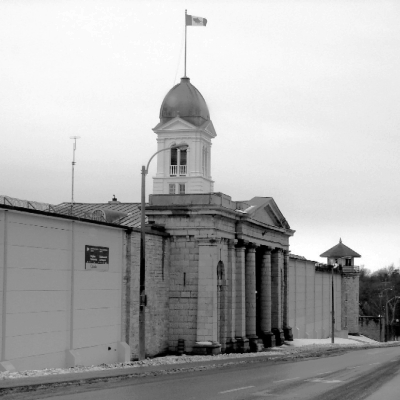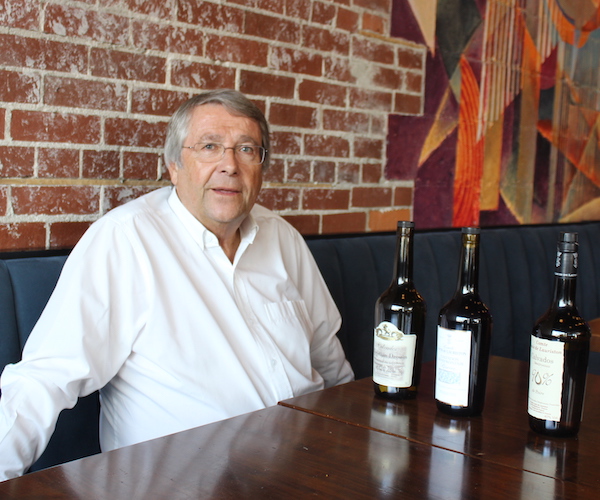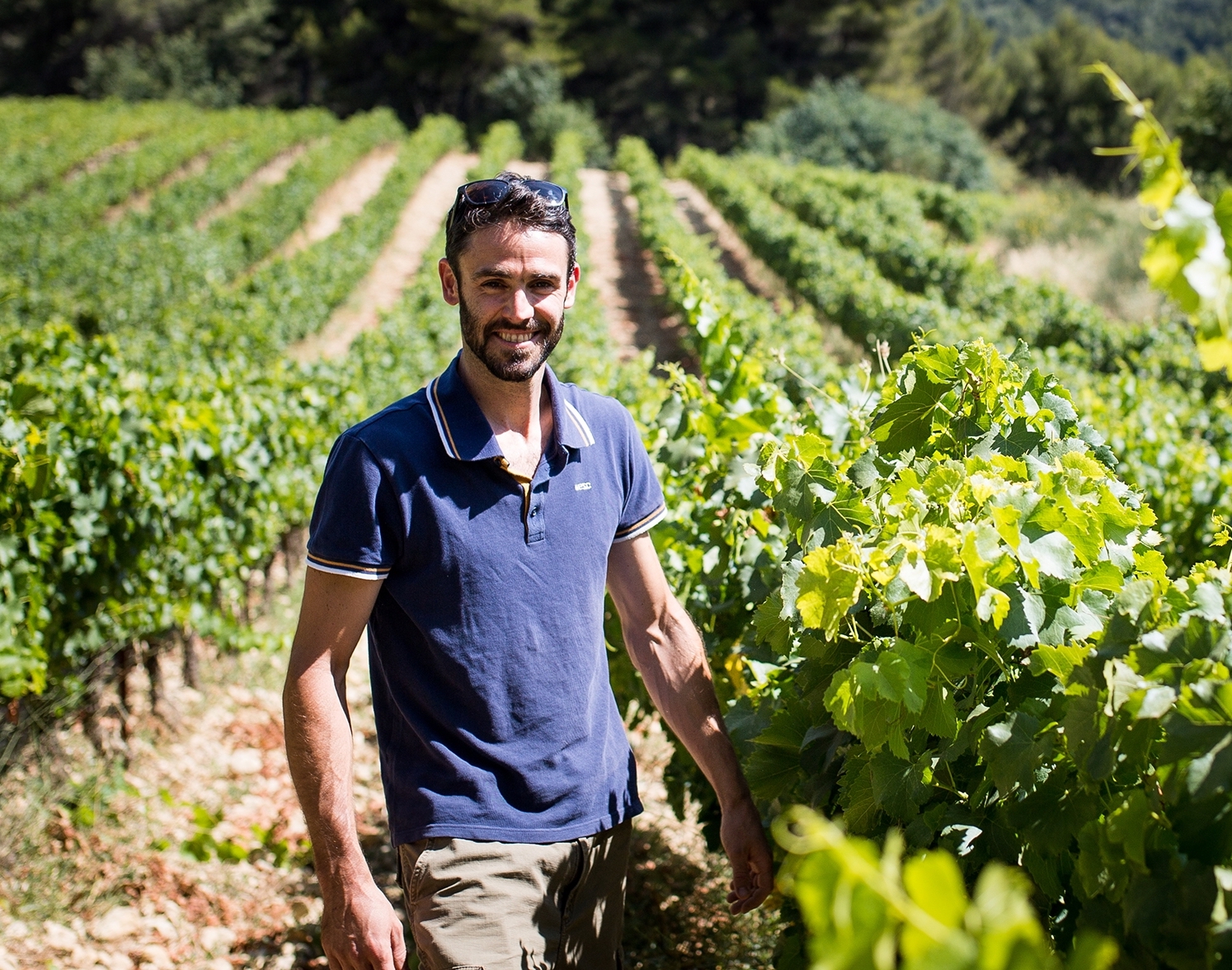by John Lee
In my humble opinion, Kingston is not a particularly pleasant city (I’m sure that the whole of Kingston’s Tourism agency will take umbrage with my comments so please allow me to apologize in advance to both of its seasonal staff). It is, however, ideal in one sense: as a midway point between the East Coast and the Western Provinces. Not surprisingly, it continues to enjoy the commercial benefits of this role but the city’s number one employer is not a shipping concern or a trucking firm. It is in fact the Corrections Services of Canada.
The Kingston area boasts nine prisons amongst its coterie of schools, Tim Horton’s and gas stations. Kingston, the city, is not known for much else outside the province. It is even less well known as a culinary destination. My waking up at 4:30 in the morning with the intention to learn about a prison based cooking program had me vacillating between scenes from Brubaker and Oz (prison reform versus prison reality). Of course, having mentioned to a select few of my plans, the jokes, stereotypes and pre-conceived notions about the penal system ran its predictable course and I got on the train trying to maintain an open perspective about my awaiting subject matter.
Wanda MacDonald is the director of Cuilinary Training for Liason College and has been working closely with the students in the program. Like a den mother cum instructor, she oversees a student body of nine per institution and maintains a curriculum not unlike the ones you would find at any cooking school. From food safety to measurements to understanding a recipe, the program is designed and intended to provide its students with a working introduction to professional cookery. Given the rate of recidivism amongst offenders, the program is also intended to offer the recently released a chance at gainful employment. Moreover, it is with this idea in mind that the CSC has recently expanded its program to two separate institutions. With the Harper government’s recent closing of the prison farm program (a highly contentious decision), there is not a lot more going on in terms of job training for the growing number of offenders. Forklift operator was the only other program that had some interest for the inmates but it hardly has the glamour attached to cooking. There has yet to be a 24 hour channel dedicated to fork-lifting as I am aware of.
My first interview is at Pittsburgh Institution with Andre Callaghan. A young soft spoken man who is enthralled by what he sees on Food TV. He likes Gordon Ramsay, wants to pursue an interest in vegetarian cooking and will be released in July 2011. When I asked him why he applied to be in the program, he seemed rather uneasy with the question. But as we talk, it becomes apparent that he takes great pride in the work that he is a part of everyday. Whether preparing food for the army of prison staff or for a number of inter-prison caterings, his desire to emulate what he has seen and learned is evident in the pictures he shares with me. However, has never worked in a restaurant or had anything resembling a cooking job. His optimism about the food industry and what it represents is not unlike any student on the verge of graduation. The world seems anew with possibilities and devoid of the cynicism rampant in the business of hospitality.
John Corbett has never worked in the restaurant business either but he speaks with the voice of one who has weathered more than a few stressful situations. Drug-dealer and bank robber are the titles he has held amongst others. He is now an inmate, offender, parolee and anxious father of two awaiting a bed in a half-way house. In the special interests column of his growing curriculum vitae you can also add aspiring cook and entrepreneur. He hopes to open a small smoke house back in the east coast so that he can provide the Maritimers with ribs and house made barbeque.
Even though he has demonstrated a high aptitude for the course work (especially measurements), he describes his desire to complete his culinary studies in much starker terms.
“…my choosing to enter the cooking program was not about getting a job, just like my choosing to rob a bank was not about making money. I’ve been shot four times, been stabbed a bunch and had a knife put in my heart. After the last time I got robbed, I had to decide between jail and getting killed. I robbed the bank to pay off my debt (to people who didn’t give a shit about my bad luck) knowing full well that I would get caught. Going to jail was the only chance I had of staying alive. I didn’t just choose to become a cook, I chose to live. My son thinks I picked jail over him, and this is something I am going to have to deal with. Hopefully, one day, he’ll understand.”
With my first round of interviews completed at Pittsburgh, and some minor pleasantries at lunch with the penitentiary staff, I was beginning to understand the simple manner by which the inhabitants of this facility go about their day to day routine. There is no sugar coating the reality of where one group of people works and the others live. But the shared goal of all who inhabit these walls is to ensure that the offenders do not return once they are released. And for this to happen, there must first be somewhere or something for them to set their sights on.
For Andre, it is McMaster University’s part-time programs and his family, while John, drawing from his own experiences back home, is willing to get his foot in the door in a time-honoured manner: staging, better known as working without pay to demonstrate one’s abilities or potential. The only downside to John’s culinary ambitions that I could see is that his favourite personality on Food TV is Lynn Crawford. I would have pegged him as more of a Guy Feiri fan.
I packed up my notes and waited for Ed, my taxi driver and unofficial tour guide, to pick me up and take to me to my next and final destination.
End of Part 1…









Trackbacks/Pingbacks